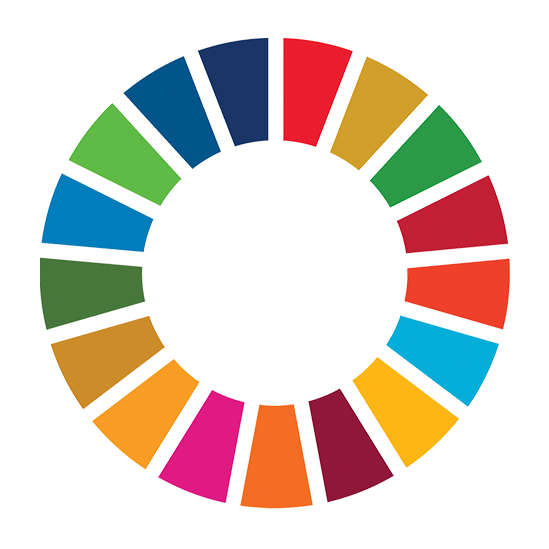Governance and Multilateral Agreements
The frameworks that govern global economic activity and international environmental governance touch every aspect of our lives – from our internet data privacy, to how countries share knowledge about food, to our ability to buy affordable, safe products in line with social and environmental norms.
While the number of multilateral agreements and governance frameworks abound, they vary on multiple levels. They cover different topics, from monetary policy to international trade, chemicals management to climate change. They have different memberships that do not fully overlap, and each have their own types of obligations. They also have varying legal implications, with some taking a “soft law” approach without enforcement mechanisms, while others take a “hard law” approach with the prospect of sanctions for non-compliance.
At IISD, our work on governance and multilateral agreements involves working with countries, regional and international institutions, academics, and civil society representatives to better understand these systems and their implications for sustainable, inclusive development. We consider issues such as policy coherence and conflict; governance gaps and overlaps; transparency and accountability; and the implications of these frameworks for national and regional policy space. We advise governments, hold expert meetings, participate in international forums, document and analyze negotiations, and conduct in-depth research into trends, reform options, and best practices.
Blog

Lessons Learned at COP 28
Two newcomers to climate negotiations reflect on their COP 28 experiences—surprises, insights, and what they'll look for at the next UNFCCC talks.

Four Key Elements to Ensure a Successful Global Goal on Adaptation
As the final rounds of negotiations on the GGA kick off at COP 28, a looming question remains: Will it be comprehensive enough for countries to implement in the years ahead?

The Global Stocktake Needs to Send a Strong Message on Adaptation
Concluding at COP 28, the inaugural global stocktake sheds light on our collective progress toward reaching the Paris Agreement’s goals. What signals should it send to countries to strengthen adaptation and resilience in the next 5 years?

Border Carbon Adjustments: Priorities for international cooperation
This IISD policy brief looks into border carbon adjustment design elements that are priorities for international cooperation, as well as the possible venues, formats, and shapes that such a discussion might take.

Border Carbon Adjustments: Pivotal design choices for policy-makers
This policy brief covers the pivotal choices in the design of border carbon adjustments, aiming to provide useful insights to policy-makers and set the ground for the broader discussions about the best practices.

The History of the Intergovernmental Forum on Mining, Minerals, Metals and Sustainable Development (IGF)
How did the IGF emerge as the global forum for more than 80 member countries advancing good mining governance for sustainable development?
Related content

What Does an Inclusive Global Stocktake Look Like for Civil Society?
The inaugural Global Stocktake will conclude at COP 28 in 2023. With the process well underway, the current and upcoming phases of the Global Stocktake must be open and inclusive in order to succeed.

The State of Global Environmental Governance 2022
Our reporting team explores global environmental diplomacy wins and misses as in-person talks resumed in full force in 2022.

The Global Biodiversity Framework's "30x30" Target: Catchy slogan or effective conservation goal?
In the lead-up to COP 15, we take a closer look at one of the key targets included under the proposed Global Biodiversity Framework.
Latest
You might also be interested in

Public Procurement
Government purchasing power should be leveraged towards buying the most sustainable goods, services, and works.

Investment Law & Policy
How can we ensure developing economies attract international investment that promotes sustainable development?

Trade
Depending on how trade policy is designed and implemented, it can either advance or be a hindrance to sustainable, low-carbon development.

Governance and Multilateral Agreements
The frameworks that govern economies and our ecosystems touch every aspect of our lives—and have implications for sustainable, inclusive development.







